Gabriel García Márquez, affectionately known as Gabo, was a celebrated Colombian author, journalist, and screenwriter. Born on March 6, 1927, in Aracataca, Colombia, Márquez went on to become a literary icon, earning international acclaim for his masterpiece “One Hundred Years of Solitude,” which played a significant role in him receiving the Nobel Prize for Literature in 1982.
Throughout his distinguished career spanning over six decades, Márquez amassed an impressive net worth. At the time of his passing in April 2014, it was estimated that his net worth stood at approximately $10 million. This wealth primarily stemmed from his successful career as an author, journalist, and screenwriter, making him one of the most influential Latin American writers of the 20th century.
Content of This Article
- Gabriel Garcia Marquez’s Appearance
- Facts About Gabriel Garcia Marquez
- Gabriel Garcia Marquez’s Net Worth
- Early Life
- Gabriel Garcia Marquez’s Wife and Family
- Gabriel Garcia Marquez’s Career
- Gabriel Garcia Marquez’s Awards and Achievements
- Gabriel Garcia Marquez’s Controversies
Gabriel Garcia Marquez’s Appearance (Height, Hair, Eyes & More)
| Height |
5 ft 9 in
1.8 m |
| Weight |
172 pounds
78 kg |
| Hair Color | Gray |
| Eye Color | Brown |
| Body Type | Average |
| Sexual Orientation | Straight |
Facts About Gabriel Garcia Marquez
| Nationality | Colombian |
| Estimate Net Worth | $10 million |
| Religion | Catholic |
| Zodiac Sign | Pisces |
| Birthplace | Aracataca, Colombia |
| Birthday | March 6, 1927 |
Gabriel Garcia Marquez’s Net Worth
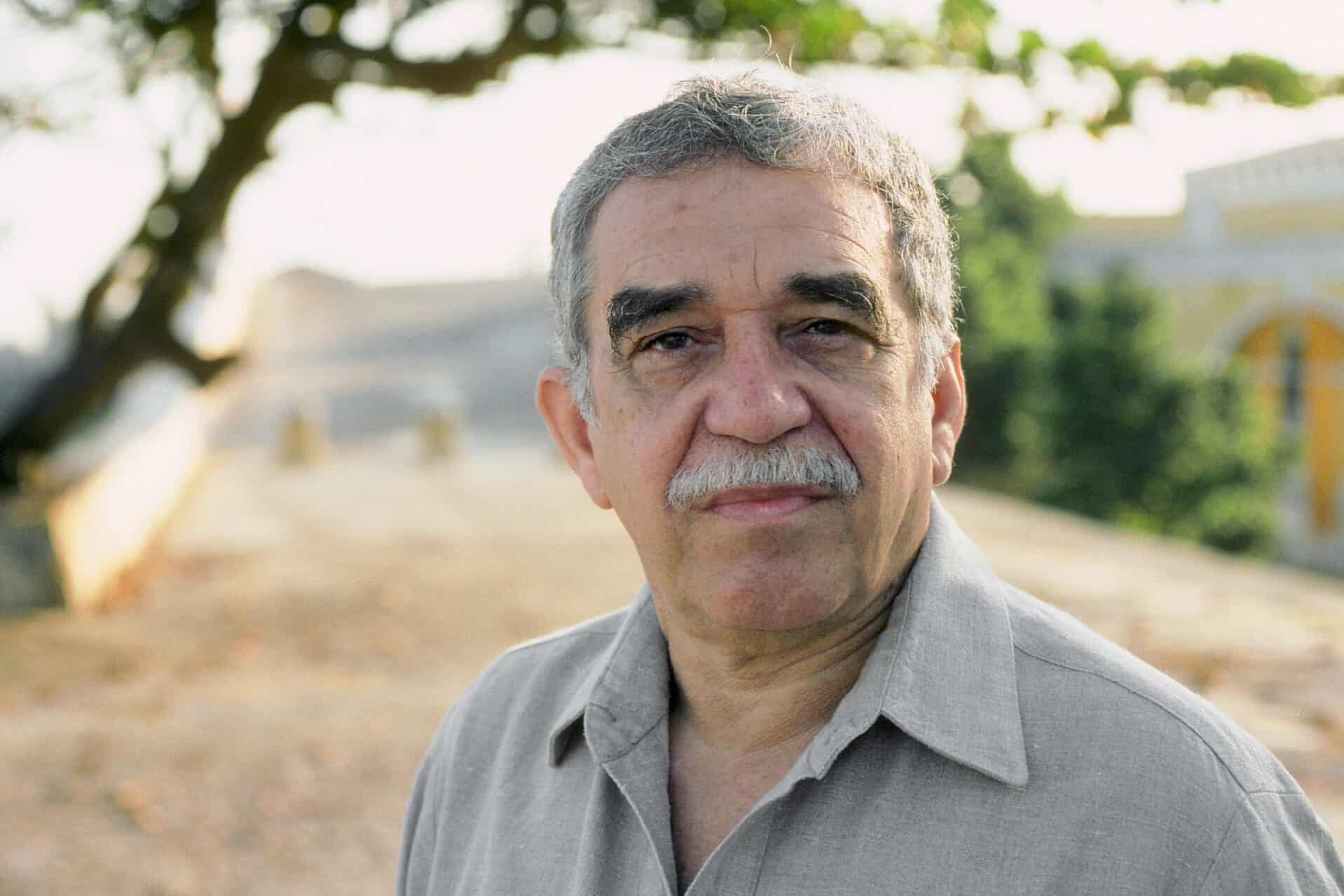
As of 2023, Gabriel Garcia Marquez had an estimated net worth of $10 million. Born in March 1927 in Aracataca, Colombia, Marquez was affectionately known as “Gabo” throughout Latin America. As a prominent figure in literature, Marquez made significant contributions to the literary world of the 20th century.
In the early 1970s, he gained recognition for his remarkable work after receiving the Neustadt International Prize for Literature. A decade later, the Nobel Prize in Literature was awarded to him. Marquez initially pursued law but eventually dropped out to focus on journalism.
Some of his most famous novels are One Hundred Years of Solitude, The Autumn of the Patriarch, and Love in the Time of Cholera. These works showcase Marquez’s unique writing style, known as magic realism, which combines magical elements within ordinary situations. His stories often explored themes of solitude and were often set in a fictional village called Maconda, inspired by his birthplace.
Early Life
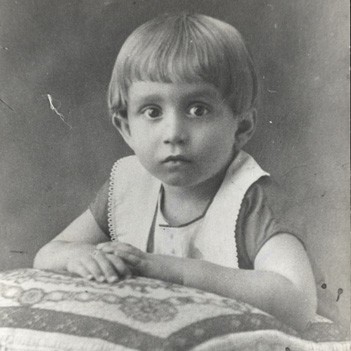
Gabriel García Márquez was born on March 6, 1927, in Aracataca, Colombia. His parents, Gabriel Eligio García and Luisa Santiaga Márquez Iguarán moved to the port city of Barranquilla shortly after his birth, leaving him to be raised by his maternal grandparents, Doña Tranquilina Iguarán and Colonel Nicolás Ricardo Márquez Mejía.
Education
Young García Márquez’s formal education began after his family moved to Sucre, and he was enrolled in an internship in Barranquilla. Known for his wit and humor, he gained a reputation as the quiet boy who enjoyed writing amusing poems and drawing comic strips, earning him the nickname “El Viejo” (The Old Man) amongst his peers. In 1947, after graduating, Márquez moved to Bogotá to attend law school at the Universidad Nacional de Colombia. However, his true passion was writing, and he spent much of his spare time reading fiction. He was particularly inspired by Franz Kafka’s “La Metamorfosis.”
Although he pursued his legal studies to appease his father, Márquez decided in 1950 to abandon his law degree in favor of journalism. He transferred to the Universidad de Cartagena in Colombia and began working as a reporter for the El Universal newspaper. Later, he moved to Barranquilla to work as a columnist and reporter for the El Heraldo newspaper. As a writer, García Márquez’s contributions to the literary world have garnered him honorary doctorates from various universities, including Columbia University in New York City.
Gabriel Garcia Marquez’s Wife and Family
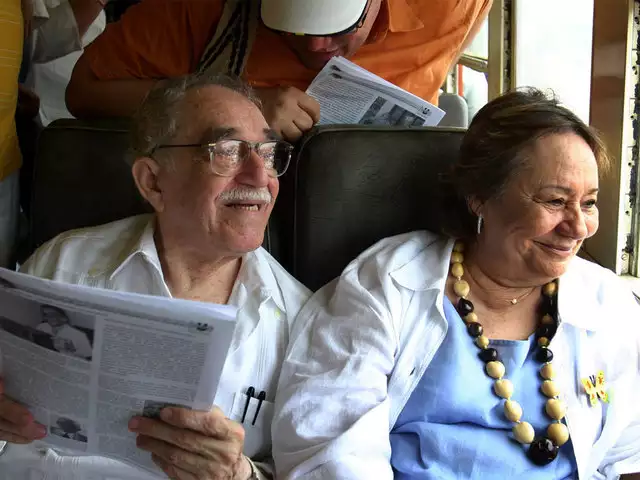
Gabriel García Márquez’s romantic life was heavily influenced by his parents’ strong love and persistence. His father, Gabriel Eligio García, courted Márquez’s mother, Luisa Santiaga, in the face of her father’s initial opposition. This enduring love story would later inspire Márquez’s “Love in the Time of Cholera.” His grandparents’ influence on his early development was substantial, with the Colonel’s storytelling abilities and Doña Tranquilina’s magical view of reality teaching him to treat the extraordinary as something perfectly natural.
In 1958, García Márquez married Mercedes Barcha Pardo, and together they had two sons, Rodrigo and Gonzalo. At the age of 87, Gabriel Garcia Marquez, unfortunately, passed away from pneumonia on April 17, 2014. After his death, Colombian President Juan Manuel Santos called Marquez “the greatest Colombian who ever lived.”
Throughout his early life, Gabriel García Márquez experienced a colorful upbringing under the care of his grandparents and developed his writing skills during his years of education. The journey from Aracataca to Bogotá shaped his career in journalism and his future contributions as a prominent Colombian writer.
Gabriel Garcia Marquez’s Career
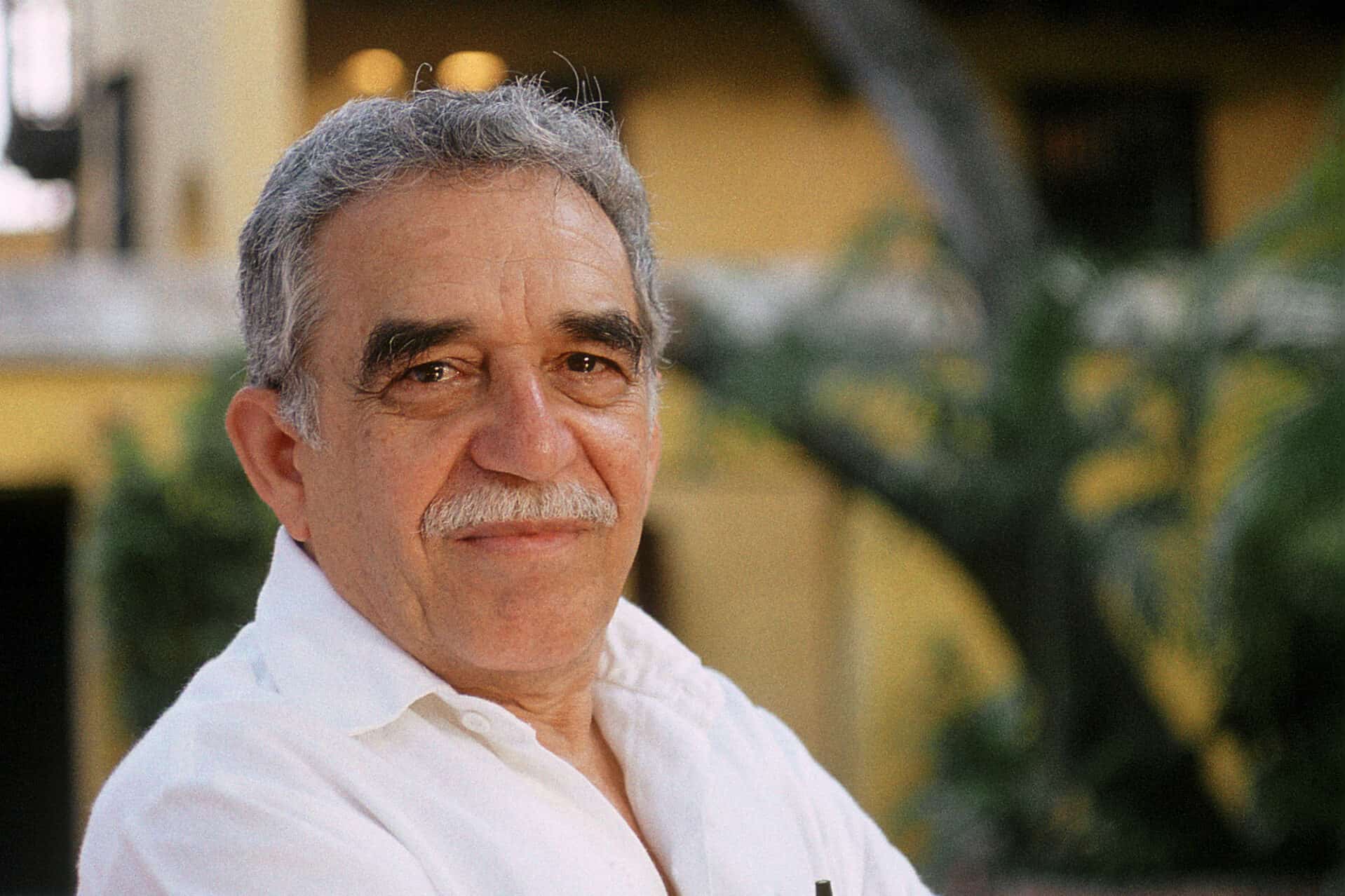
Gabriel Garcia Marquez, also affectionately known as Gabo, was prominent in Latin American literature. Over the course of his career, he became well-known for his novels, short stories, and journalistic pursuits. His work often centered around the magic realism genre, which blended elements of reality and fantasy, drawing readers into his imaginative worlds.
In addition to his status as an author, Marquez was also known for his work as a journalist, contributing pieces to publications such as El Espectador and El Heraldo. In the 1950s and 1960s, he was a foreign correspondent based in several locations, including Paris and New York. Eventually, Marquez decided to prioritize his creative writing and left journalism behind, choosing to settle in Mexico City for the remainder of his life.
Marquez’s literary career produced several notable works, his most famous being Cien Años de Soledad (One Hundred Years of Solitude), published in 1967. This novel is considered his masterpiece, earning him the Nobel Prize for Literature in 1982. Other acclaimed works from his prolific career include:
- El Amor en los Tiempos del Cólera (Love in the Time of Cholera)
- El Otoño del Patriarca (The Autumn of the Patriarch)
- Crónica de una Muerte Anunciada (Chronicle of a Death Foretold)
- Noticia de un Secuestro (News of a Kidnapping)
- El General en su Laberinto (The General in His Labyrinth)
Marquez’s innovative storytelling and his unique blending of fantastical elements with the gravity of real-life issues profoundly impacted the landscape of Latin American literature. His work garnered international acclaim, solidifying his reputation as a literary giant and bringing attention to the rich cultural heritage of his native region.
Gabriel Garcia Marquez’s Awards and Achievements
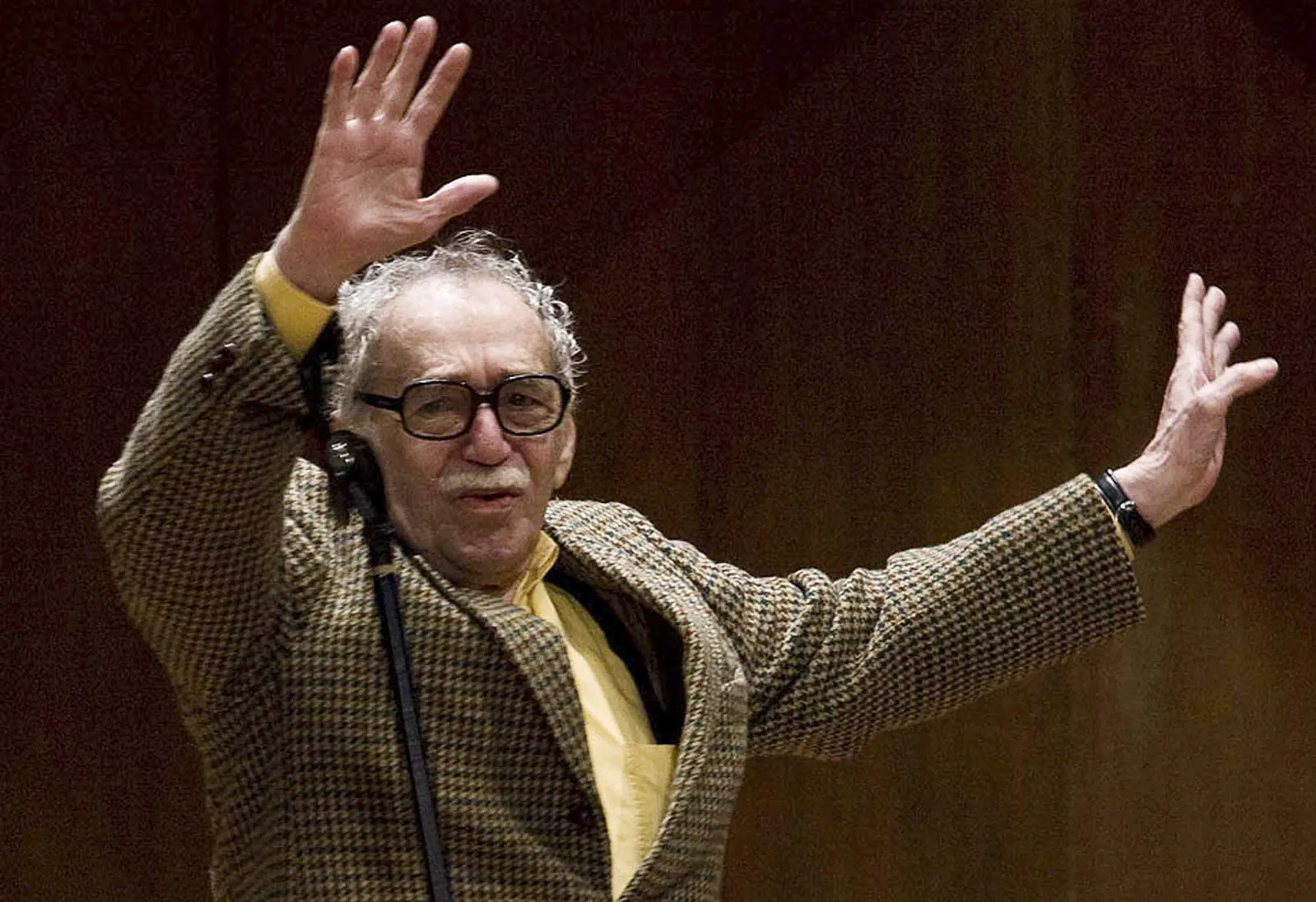
Gabriel Garcia Marquez, a renowned Colombian writer, received numerous prestigious awards during his lifetime. His exceptional work in literature gained him recognition and accolades worldwide.
One of his highest achievements was winning the Nobel Prize in Literature in 1982. This honor was granted to him for his vivid and compelling work and for contributing his unique narrative style to the literary canon. Additionally, Marquez was awarded the Neustadt International Prize for Literature in 1972, further strengthening his status as a prominent writer on the global stage.
Marquez’s masterpiece, One Hundred Years of Solitude, gained widespread acclaim and multiple awards. Among these were the Rómulo Gallegos Prize in 1972 and the Prix du Meilleur livre étranger — Novel in 1969. Both awards highly praised the novel and contributed significantly to its success.
Aside from his achievements in novels, Marquez also made notable contributions to the world of cinema. His talent in screenwriting resulted in the Ariel Award for Best Original Story in 1975 for the film Presage. Marquez won the Ariel Award for Best Screenplay for Cinema on two separate occasions, in 1980 for The Year of the Plague and 1975 for Presage.
In recognition of his outstanding contributions to literature, Marquez received the Common Wealth Award of Distinguished Service for Outstanding Achievement in Literature in 1980. This award was a testament to his exceptional skill and dedication to the world of literature.
Gabriel Garcia Marquez continued to excel and showcase his extraordinary talent throughout his career. Because of this, he has been honored with numerous awards, demonstrating his legacy as one of the most influential writers of the 20th century.
Gabriel Garcia Marquez’s Controversies
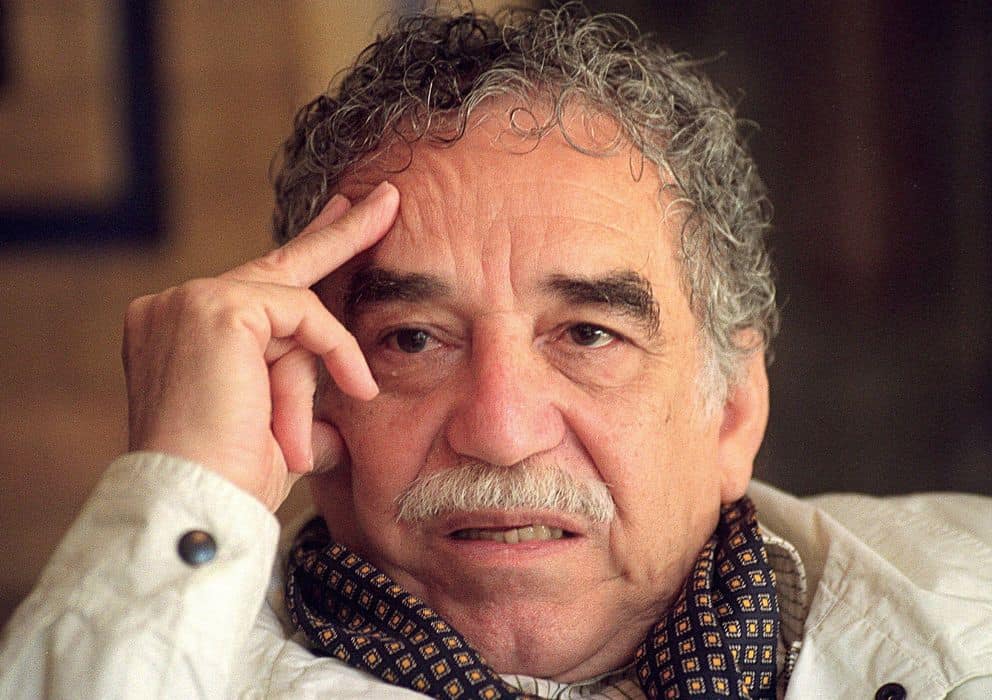
Although Gabriel Garcia Marquez, widely known as Gabo, had a successful and prolific career as a Colombian author and Latin American writer with few controversies, his posthumous anthology, The Scandal of the Century and Other Writings, shows a different side of him that has raised some eyebrows. Critics argue that the anthology’s release may appear to be a cash grab or an exploitation of the author’s remaining work. However, the collection reflects Gabo’s influential journalism career and showcases his captivating storytelling abilities.
The Scandal of the Century and Other Writings consists of 50 of Gabo’s news reports, columns, op-eds, profiles, and features, which he wrote for various reputable publications. The anthology demonstrates his contribution to literature by highlighting his role as a journalist, even when he won the Nobel Prize in Literature in 1982. With articles covering a wide range of topics such as telepathy, translation, and the Nobel Prize, this collection exhibits Gabo’s diversity and ability to captivate an audience with his words.
Despite the controversy surrounding the anthology’s release, it is essential to note that Gabo himself expressed his love for journalism and desired to be remembered for his journalistic contributions rather than solely for his infamous masterpiece, One Hundred Years of Solitude. The anthology celebrates his journalism career and reminds readers of his authentic storytelling skills while strengthening his reputation as one of the most significant authors in the literary world.
Net Worth of Other Notable Authors
William Faulkner’s Net Worth
William Faulkner, born in 1897 in New Albany, Mississippi, was a literary giant whose novels and short stories profoundly influenced American literature. His works, set primarily in the fictional Yoknapatawpha County—a mirror of his native Lafayette County, Mississippi—explore complex themes of tradition, suffering, and the human condition. Among his most notable contributions are “The Sound and the Fury” and “As I Lay Dying,” which not only challenged conventional narrative techniques but also deeply examined the Southern psyche and its historical burdens. Despite his profound impact on literature, Faulkner’s personal views and controversial statements on race and segregation have sparked significant debate, highlighting the complexities of his character and ideologies. His enduring legacy, shaped by both his innovative literary techniques and the contentious elements of his personal beliefs, continues to be studied and revered in academic and literary circles, ensuring his place as a cornerstone of 20th-century American literature. Though his exact salary during his lifetime remains unknown, William Faulkner’s net worth was significant, reflecting his acclaimed status and influence in the literary world.
Charles Dickens’s Net Worth
Charles Dickens, an illustrious Victorian novelist and social critic, achieved substantial financial success despite starting from humble beginnings. His journey from financial hardship to affluence is reflected in the lives of many characters in his novels, illustrating the socio-economic ascent that was possible in his time. Through his compelling storytelling and the serialized publication of his works, Dickens garnered widespread acclaim and financial prosperity. His writings, which vividly depicted the societal issues of his era, continue to resonate with audiences today, contributing to his enduring popularity. This sustained popularity is a testament to his skill as a writer and his deep understanding of human nature and social inequality. By the time of his death in 1870, Charles Dickens’s net worth was significant enough to secure his family’s financial future and confirm his status as a preeminent figure in literary history.

